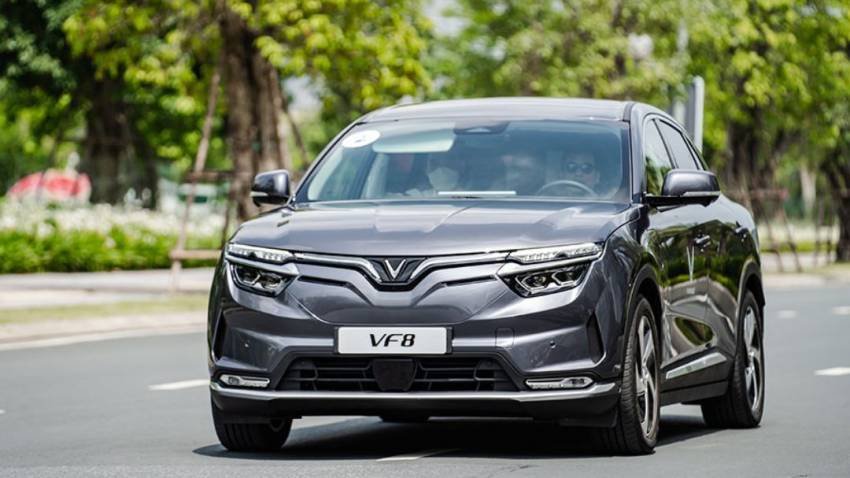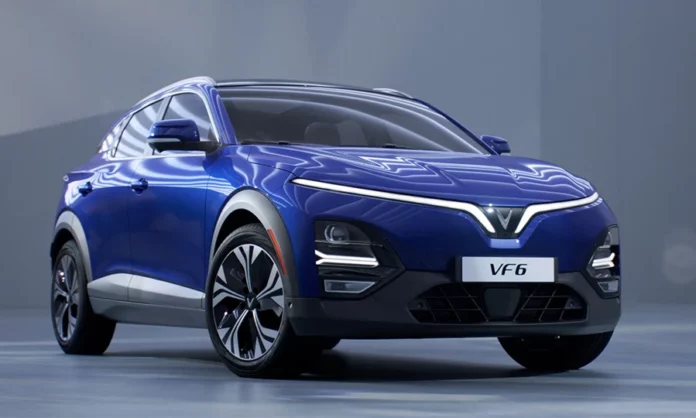On Thursday, VinFast Auto, an electric vehicle manufacturer in Vietnam, announced plans to invest up to USD 200 million (almost Rs 1,665 crore) to establish assembly operations in India and Indonesia. Production is scheduled to begin in 2026. As reported in the media, American electric automaker Tesla rival VinFast “is aiming to access the tremendous potential for increased EV adoption in India and Indonesia where EV penetration is currently only 1 per cent” in its third-quarter results statement.
“The establishment of VinFast facilities in these local markets can provide access to government incentives for local manufacturing, relief from certain tariffs and taxes and access to raw materials at attractive rates,” according to it.
The business has stated that “production is expected to commence by 2026” for each of the two CKD (completely knocked down) facilities in Indonesia and India, with a combined capacity of up to 50,000 vehicles annually and an estimated total capital expenditure of USD 150-200 million in phase 1.
However, the business did not provide any additional information regarding the location of the plant in India or the specific models that will be produced there. Among its lineup of EVs for people are the five-seater VF6, the seven-seater VF7, and the eight-seater VF9.
Also Read: https://indiaevnews.com/2023/10/05/vinfast-to-unveil-its-first-e-suv/

VinFast’s Strategy
According to VinFast, it expects to save roughly USD 400 million by optimizing its capital expenditure strategy for global manufacturing in 2024 and 2025. “These savings are expected to be used towards building CKD factories in Indonesia, the most populous country in Southeast Asia, and India, the third largest auto market in the world,” according to the announcement. “VinFast is on track to meet its deliveries guidance and is well-positioned to expand in strategic markets such as Indonesia and India,” David Mansfield, the company’s CFO.
This news arrives as Tesla has been making preparations to enter the Indian market. Compared to last year, when it spent USD $1 billion on component sourcing, the US-based electric car manufacturer expects to spend USD $1.9 billion this year.


